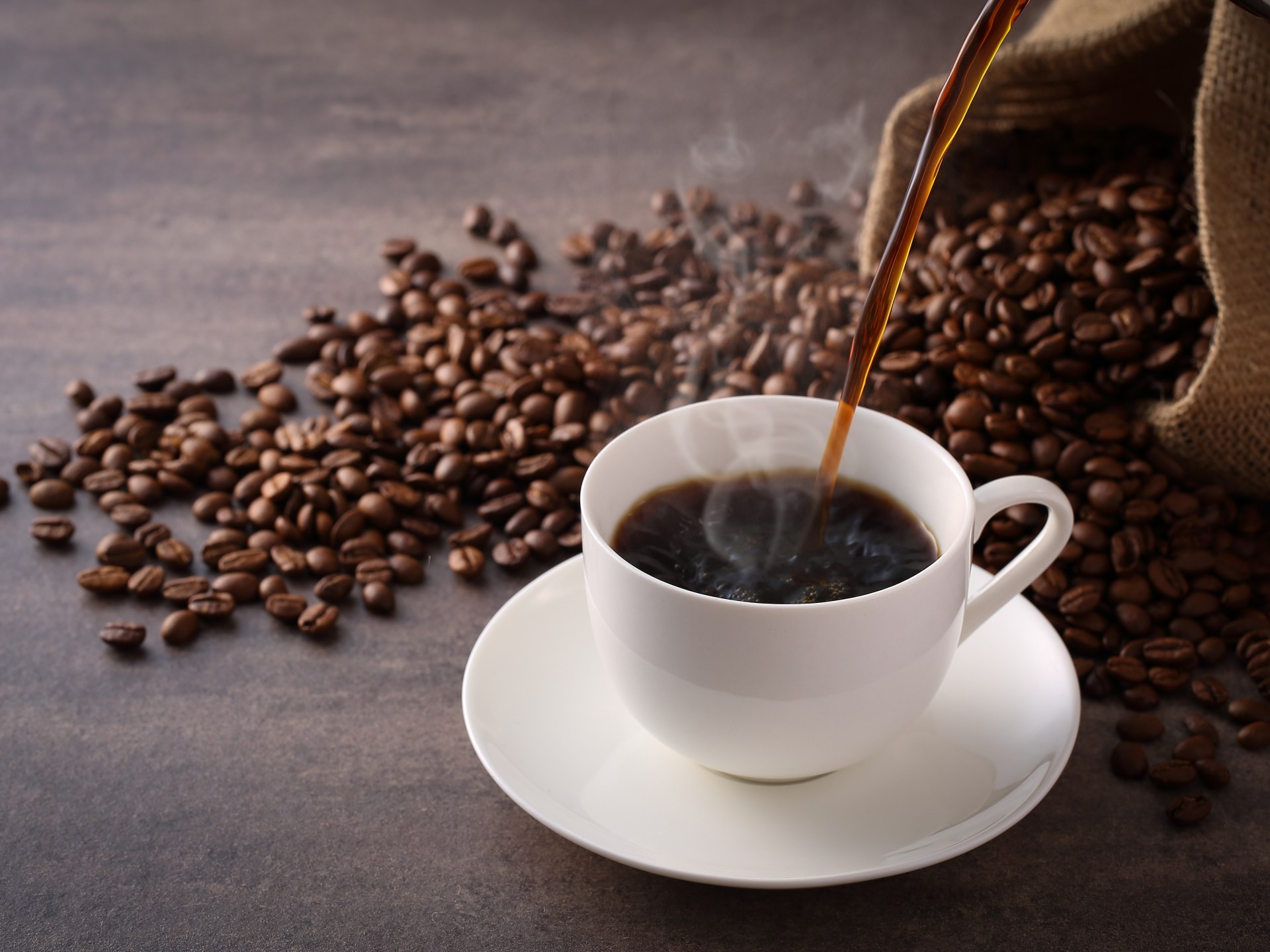How many cakes are you allowed to eat at Eid? And how many cups of coffee? And how to protect yourself from intestinal confusion on Eid al-Fitr? These and other questions were answered by Al Jazeera Clinic in a special episode about Eid.
The episode on Sunday, July 3, 2016, hosted Dr. Raed Alawin, a dietitian at Hamad Medical Corporation in Qatar, and was broadcast on the "Medicine & Health" Facebook page using Facebook Missions.
And on the question "How many cakes are allowed to eat on Eid?" Dr. Al-Alawin said that the amount of calories in one cake is equal to its weight multiplied by four, and if the weight of the cake is thirty grams, the number of calories is approximately 120 calories.
Accordingly, the doctor advises not to eat more than two pieces of cake per day, of which the weight of each cake is 30 to 45 grams.
Regarding coffee, Al-Alaween said that a healthy person should not exceed 400 mg of caffeine, and this amount is equivalent to nine to ten cups (a cup is equivalent to 30 ml) of popular coffee served on Eid, whether it is light-colored coffee known in the Gulf countries, or dark coffee known in the Levant.
Here are some of the points that the doctor talked about:
- During Eid, weight gain may occur as a result of the large quantities of sweets available, and nutritional behaviors during Eid, in addition to social aspects and the large number of intentions and feasts.
- The patient with irritable bowel syndrome should avoid spicy foods, and try to reduce the spices and hot spices that abound in some foods in Eid, especially those served at banquets, and these may cause trouble for the irritable bowel patient.
- It is advisable at the feast to eat gradually so as not to "shock" the stomach.
- On the first day of Eid, it is recommended to divide the breakfast into two parts: the first before going to the Eid prayer, which consists of milk or dates, not exceeding three dates, and the second after the prayer, which is a light breakfast.
- It is advised not to eat fatty food such as meat, liver, heart and other animal organ meat at the breakfast of the first day of Eid, because the stomach is not prepared for it.

